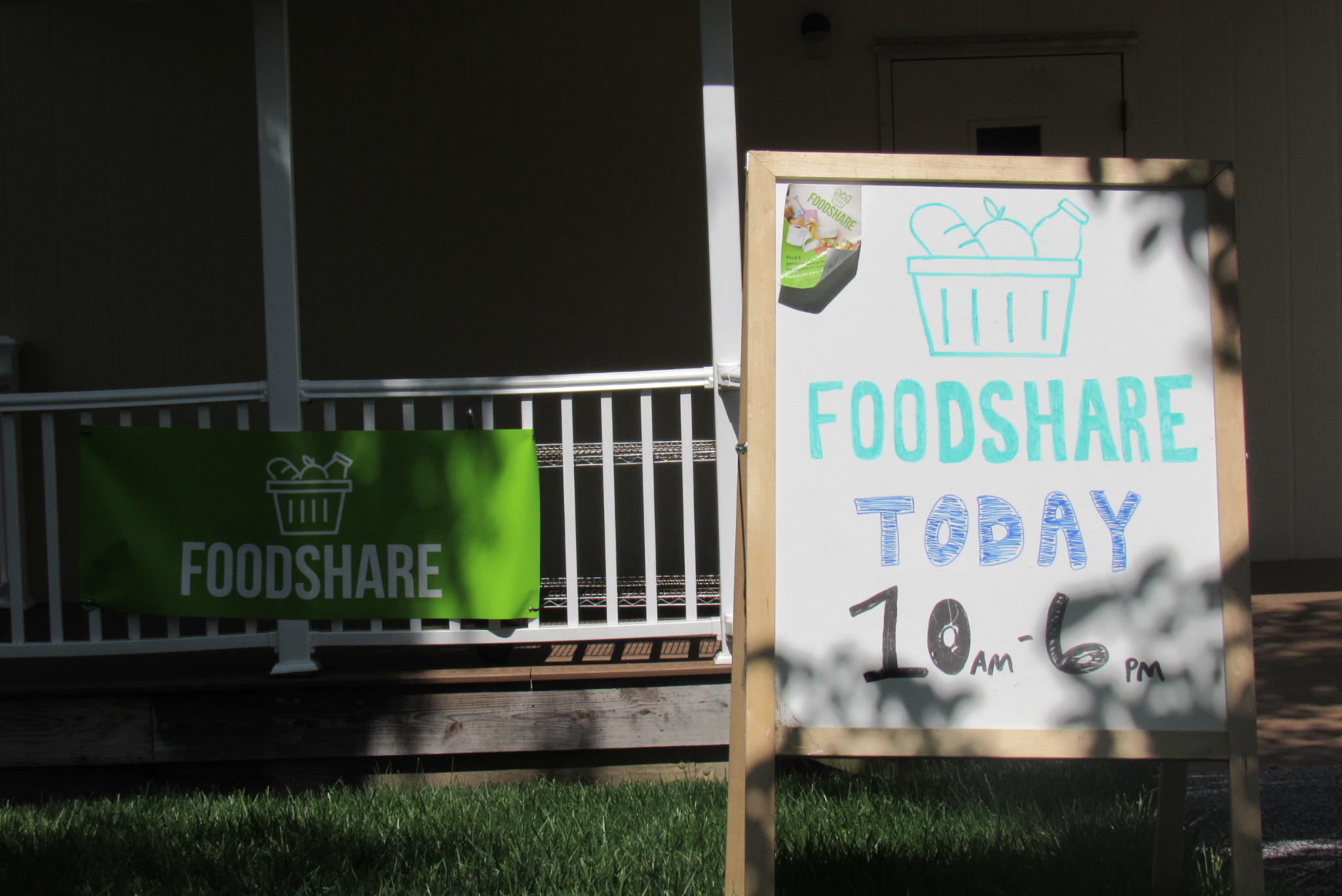
Aramark, Towson to continue food insecurity initiatives
By: Gabriel Donahue, News Editor
Towson University’s Student Affairs division will introduce additional on-campus resources to address student food insecurity through its upcoming partnership with Aramark Collegiate Hospitality beginning in July.
Food insecurity is when a household or person does not have consistent access to adequate food, as defined by the United States Department of Agriculture.
Towson has been combating food insecurity through its FoodShare campus pantry, which supplies students with up to 10 food or basic needs items per week. Students may also apply for assistance from the Student Emergency and Food Insecurity Fund.
In an effort to further support food-insecure students, since March 30, students have been able to donate unused meal swipes to be given to those who demonstrate need.
Newell Den, West Village Market and Glen Market accept meal swipe donations on Thursdays.
The newly reimplemented meal swipe donation program is done through collaboration between Towson and Chartwells, the university’s dining vendor for the past 40 years, according to Faith Borras, the Americorps VISTA tasked with managing the FoodShare.
Aramark will become Towson’s food vendor on July 1, The Towerlight reported.
Dean of Students Anthony Skevakis said he has met with Aramark leadership for a preliminary transition meeting to discuss the university’s plans to fight food insecurity and how the two can work together.
Aramark has agreed to continue the meal swipe donation program, though Skevakis said some details may change such as when and where students may donate extra meals.
The current design stems from Towson’s weekly meal plans utilizing a “use or lose” system. Each week, students must use their weekly swipes before each Friday morning when their balance resets.
Skevakis said that the program, which was established pre-pandemic, was put on pause when the campus closed in the spring of 2020.
“It didn’t make sense to put a plan in place when students couldn’t use it, so that’s why it was suspended,” he said. “Once we returned and had the mechanisms in place, students coming back and expressing the need, then we reinstituted it.”
Due to federal regulations, Supplemental Nutrition Assistance Program benefits do not cover hot or prepared meals. Further, Borras said that dining plans are accounted for when deciding someone’s eligibility for SNAP assistance.
With donated meal swipes, students are able to get the most out of their SNAP benefits and have more agency in their food choices.
Food from the dining halls will be able to be recovered and given to the FoodShare once it is able to accept hot food, Borras said. According to an emailed document, dining staff will package the food so it is easy to redistribute.
This food can also provide hot meals to students with otherwise limited access to them.
The Towson chapter of the Food Recovery Network will likely be involved in the recovery process as well, it said.
Skevakis also shared in an email that Aramark and Towson plan to coordinate meal swipe drives and accept SNAP at campus convenience stores by becoming a SNAP-approved site.
Aramark may support campus-facilitated food and supply drives by providing or matching donations, he said.
Aramark staff plans to help offer cooking classes at the FoodShare, which will become a basic needs hub in the fall.
The email said that the Hub will offer assistance to students in nine areas:
- Childcare and parenting support
- A clothing closet
- Financial literacy development
- FoodShare
- Housing assistance
- Medication assistance
- SNAP enrollment and education
- Transportation assistance
- Hygiene and basic needs
Regarding fighting food insecurity, the support from the university has “grown tremendously in the past three years,” according to Skevakis.
He refers to this support as the reason the FoodShare was able to move from a room in the back of the Health Center into the 2,000-square-foot Annex by the Liberal Arts building.
Interim-President Melanie Perreault said that Towson will keep its eye on the issue as the pandemic exposed the abundance of students who are food insecure.
“I will acknowledge being taken aback by how much college students need that assistance,” she said in an interview.
Borras said that while the FoodShare has been a good start to addressing the issue on campus, it has been important to have the university coming on board with these initiatives.
“It feels like the things that we’re working towards, or you know, this problem is starting to be taken seriously, which it needs to be,” she said.

